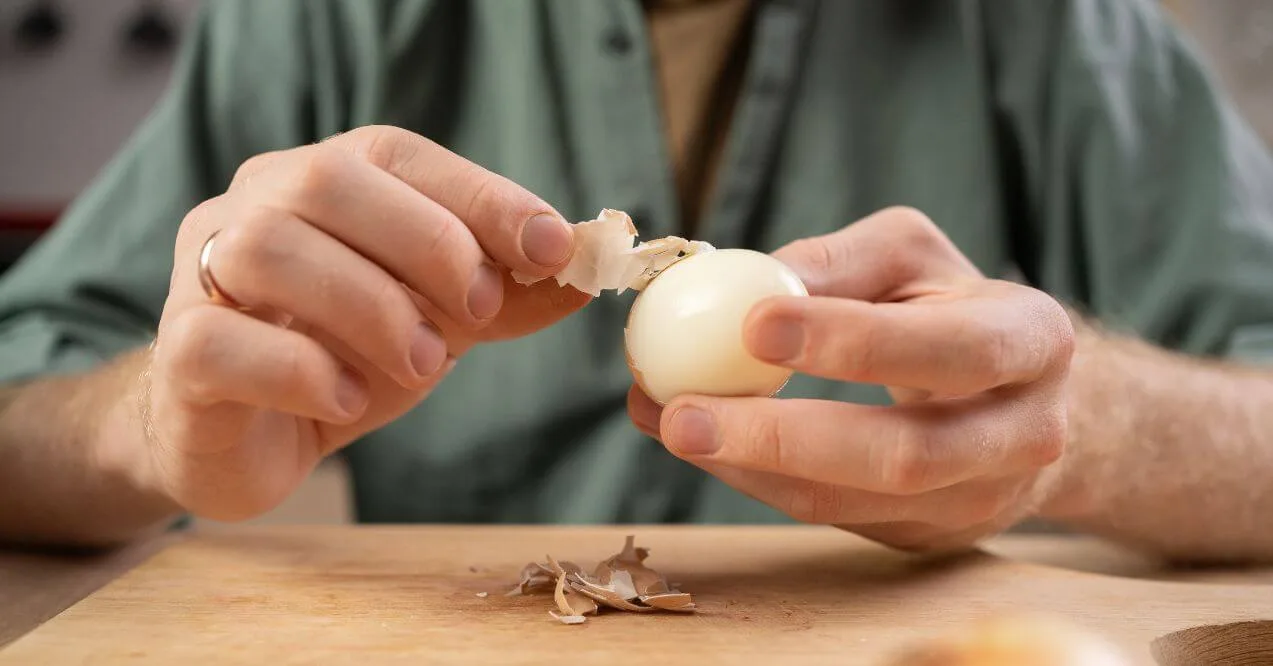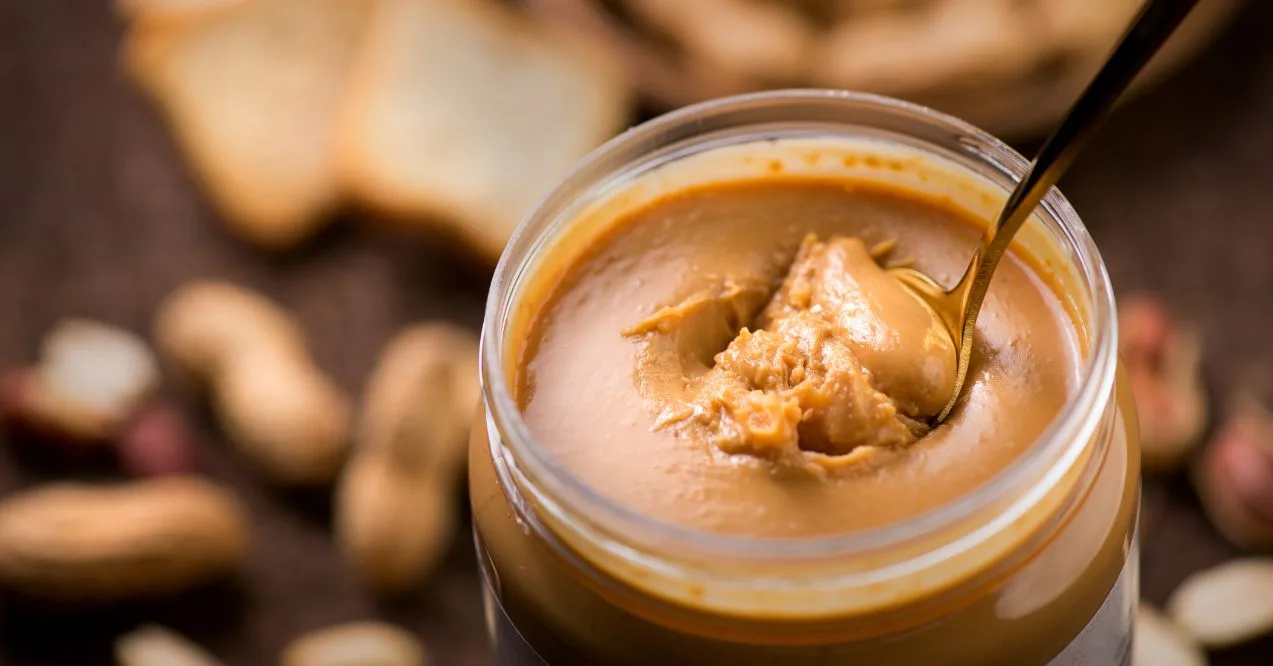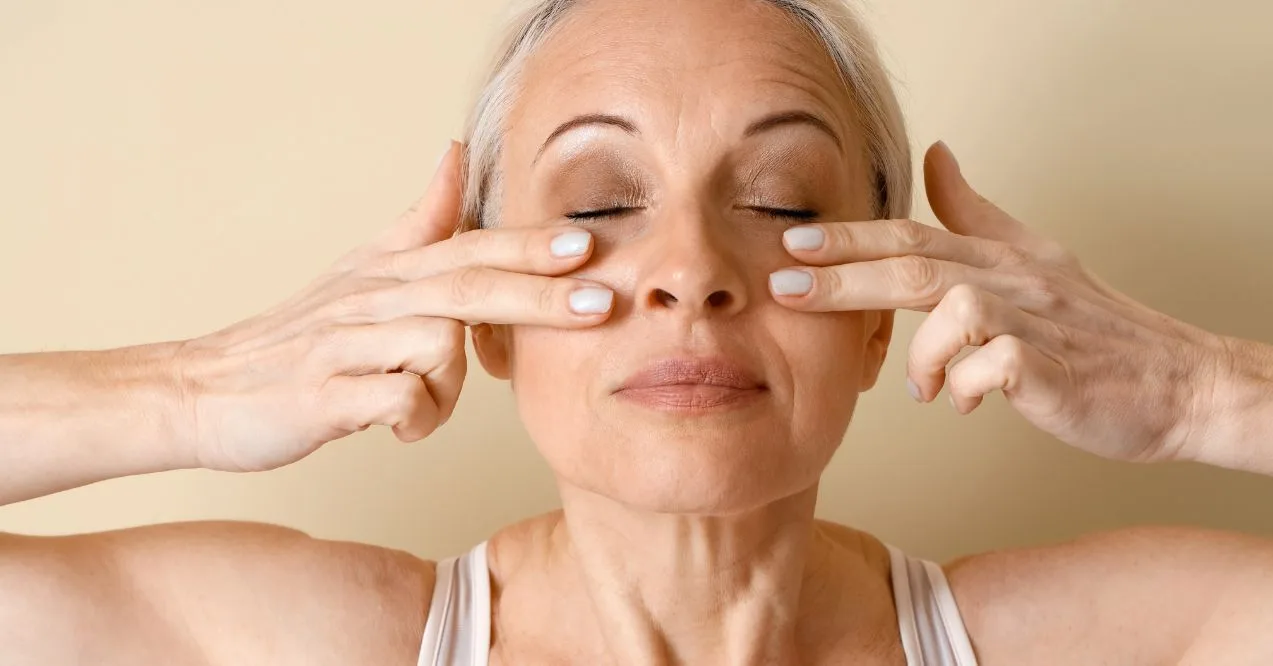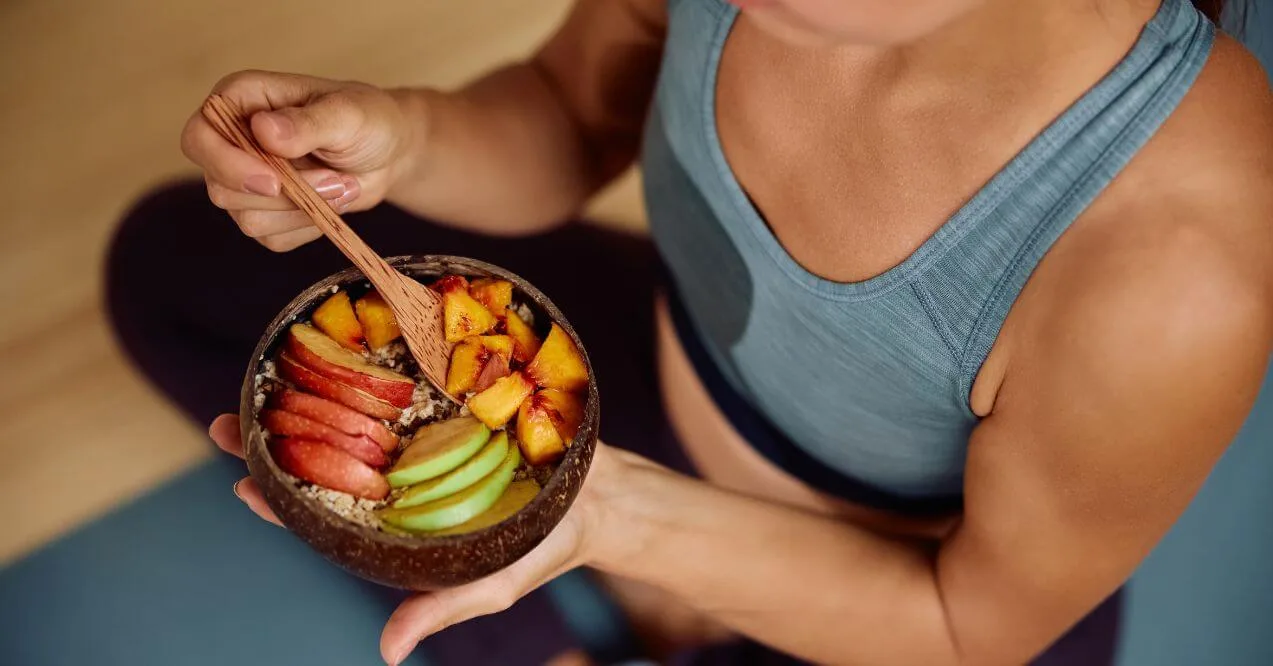Does Eating Bananas Help With Lymphedema?
Curious if eating bananas helps with lymphedema? Learn about their nutrition and how they fit into a healthy lifestyle!
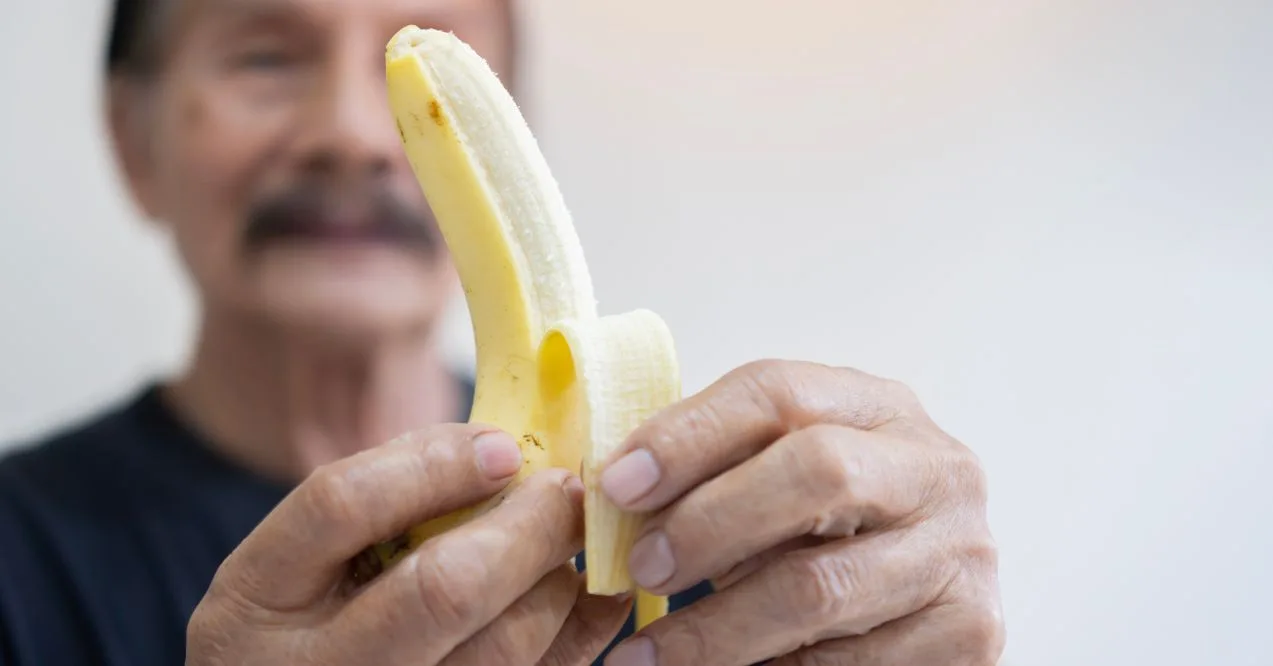

Managing lymphedema can be a journey, and many people are curious about natural approaches. Bananas are a nutritious choice, but does eating bananas help with lymphedema? They’re known for their potassium content, which plays a role in fluid balance, so it’s a question worth exploring.
In this blog, we will explore the connection between this popular food and lymphatic health, looking at what the science says about their potential benefits in this area.
What is Lymphedema?
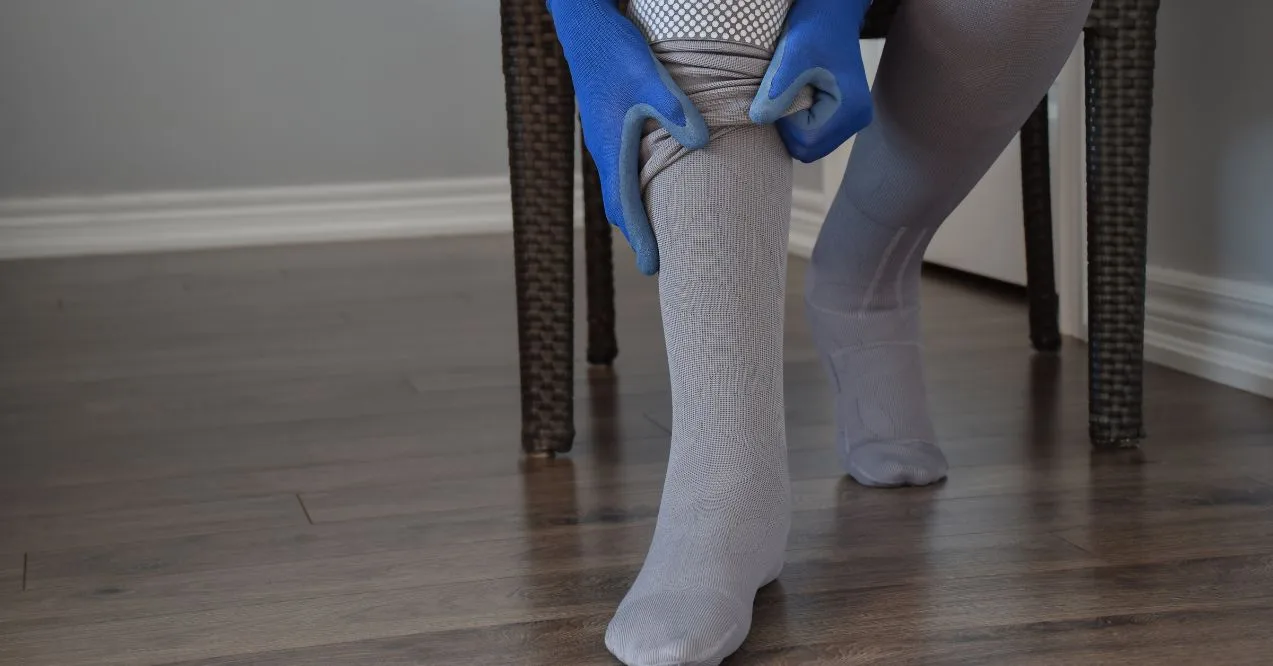
The lymphatic system consists of vessels and nodes that maintain fluid balance and support immune function through lymph fluid movement. When this system struggles to move fluid effectively, lymphedema develops, causing fluid buildup typically in arms or legs.
Common signs include feeling of heaviness in affected areas, limited joint motion, daily activity discomfort, and changes in how clothes fit. This condition may arise from surgical procedures, lymph node injuries, inherited conditions, or extended inactivity.

A Nutritional Breakdown of Bananas
Bananas contain various nutrients that play roles in overall health maintenance. Here’s a detailed look at their nutritional profile:
| Nutrient | Amount per medium banana (118g) |
| Calories | 105 |
| Potassium | 422mg |
| Vitamin B6 | 0.4mg |
| Fiber | 3.1g |
| Magnesium | 32mg |
| Vitamin C | 10.3mg |
| Protein | 1.3g |
Additional benefits of banana consumption include:
| Benefit | Description |
| Digestive Support | Fiber content supports regular digestion |
| Mineral Balance | Contains essential minerals for body function |
| Energy Source | Natural sugars provide sustained energy |
| Antioxidant Properties | Contains compounds that support cellular health |
While bananas offer numerous benefits, certain groups should take specific considerations into account. People with kidney conditions need to monitor their intake of potassium-rich foods. Those maintaining their blood sugar should be mindful of portion sizes. Additionally, if you take certain medications, discussing the consumption of potassium-rich foods with a qualified health professional can help maintain your wellbeing.
Does Eating Bananas Actually Help With Lymphedema?

So, the question is still there…does eating bananas help with lymphedema? Research suggests that certain nutrients in bananas may support overall lymphatic function, though direct studies linking banana consumption to lymphedema management are limited.
Scientific evidence points to three main nutrients in bananas that might influence fluid balance and circulation in the body:
Potassium, a mineral abundant in bananas, plays a role in maintaining fluid balance within cells. Scientific studies indicate that adequate potassium intake supports proper fluid regulation throughout the body’s tissues.
The vitamin B6 content in bananas may offer supportive properties. Research found that B6 supports protein metabolism and fluid balance, which could potentially benefit lymphatic system function.
Fiber in bananas supports healthy circulation and fluid movement, dequate fiber intake might help maintain healthy fluid levels throughout the body’s tissues.
Foods That Help and Foods to Avoid for Lymph Health
A balanced approach to nutrition can support overall lymphatic health. Many people seek information about a lymphatic system cleanse through dietary choices. The nutrients and natural compounds in certain foods may contribute to healthy circulation and fluid balance in the body. Making mindful food choices becomes particularly valuable when focusing on lymphatic health. Here are foods that may support lymphatic function:
| Supportive Foods | Benefits for Lymphatic Health |
| Citrus fruits | Contains flavonoids that support circulation |
| Leafy greens | Rich in chlorophyll and minerals |
| Berries | Offers beneficial plant compounds |
| Seeds | Provides essential fatty acids |
| Whole grains | Contains fiber for fluid balance |
While some foods can support lymphatic health, knowing the worst foods for lymphatic system health is equally important. Certain dietary choices may affect circulation and fluid retention in the body. Here are some foods you might want to limit:
| Foods to Limit | Reason |
| Processed foods | High sodium content affects fluid balance |
| Added sugars | May impact circulation |
| Excessive salt | Can contribute to fluid retention |
| Fried foods | May affect overall circulation |
A comprehensive nutritional strategy involves choosing a variety of whole foods rich in essential nutrients. Many individuals also incorporate targeted nutritional support to complement their diet.
Explore our collection of supplements for lymphatic system health, which are scientifically formulated to support lymphatic flow, enhance detoxification, and promote overall wellness naturally.

Final Thoughts
A comprehensive nutritional strategy involves choosing a variety of whole foods rich in essential nutrients. Maintaining adequate hydration and following guidance from qualified health professionals remain central to supporting lymphatic system function.
For optimal results, incorporate bananas as part of an overall balanced eating pattern rather than viewing them as a single solution. Focus on building sustainable, long-term habits that support your overall wellbeing.
Bananas contain potassium that aids in fluid balance, which may support healthy fluid distribution in tissues. However, bananas alone cannot directly reduce swelling. A balanced diet and overall healthy lifestyle provide better support for managing swelling.
Bananas’ potassium content helps regulate fluid balance in the body by counteracting sodium’s effects. While they may support healthy fluid levels as part of a balanced diet, they are not a direct solution for fluid retention.
Avoid drinking cold water immediately after eating bananas as it may slow digestion. Don’t lie down right away. Skip tea or coffee for about an hour, as these beverages might interfere with nutrient absorption.
Bananas contain natural compounds like dopamine and polyphenols that support cellular health. While these properties may contribute to overall wellness, bananas are not classified as having strong anti-inflammatory effects compared to other fruits and vegetables.
Sign up for our Healthy Living newsletter!
Advertisement. This site offers health, wellness, fitness and nutritional information and is designed for educational purposes only. You should not rely on this information as a substitute for, nor does it replace, professional medical advice, diagnosis, or treatment. If you have any concerns or questions about your health, you should always consult with a physician or other health-care professional. Do not disregard, avoid or delay obtaining medical or health related advice from your health-care professional because of something you may have read on this site. The use of any information provided on this site is solely at your own risk.



